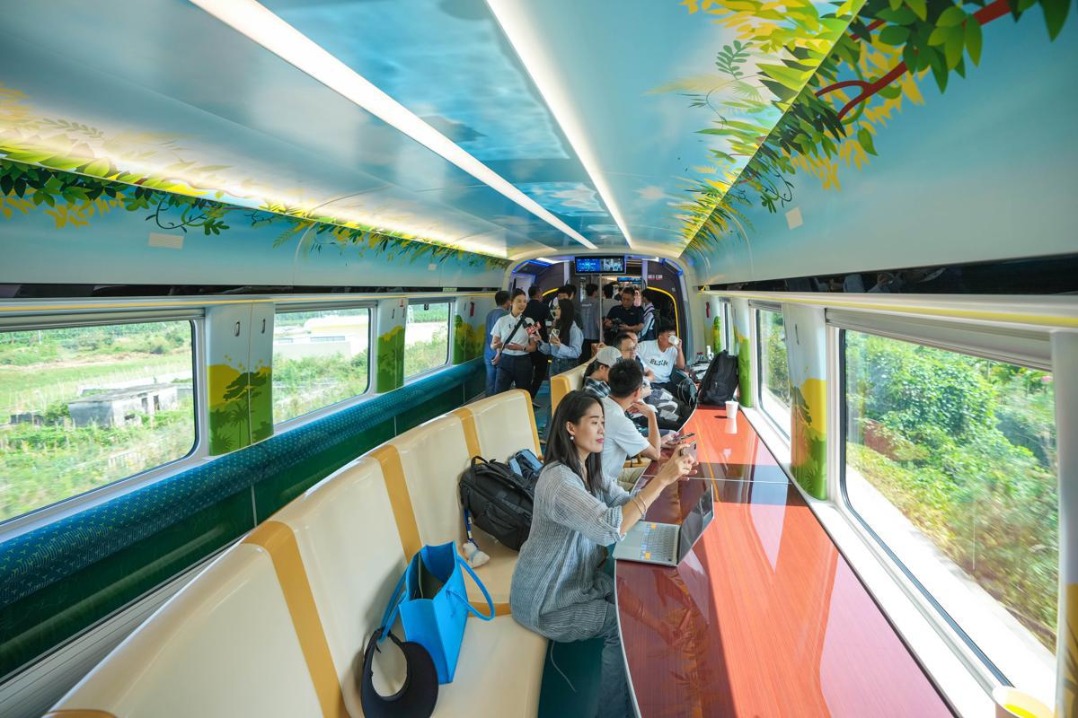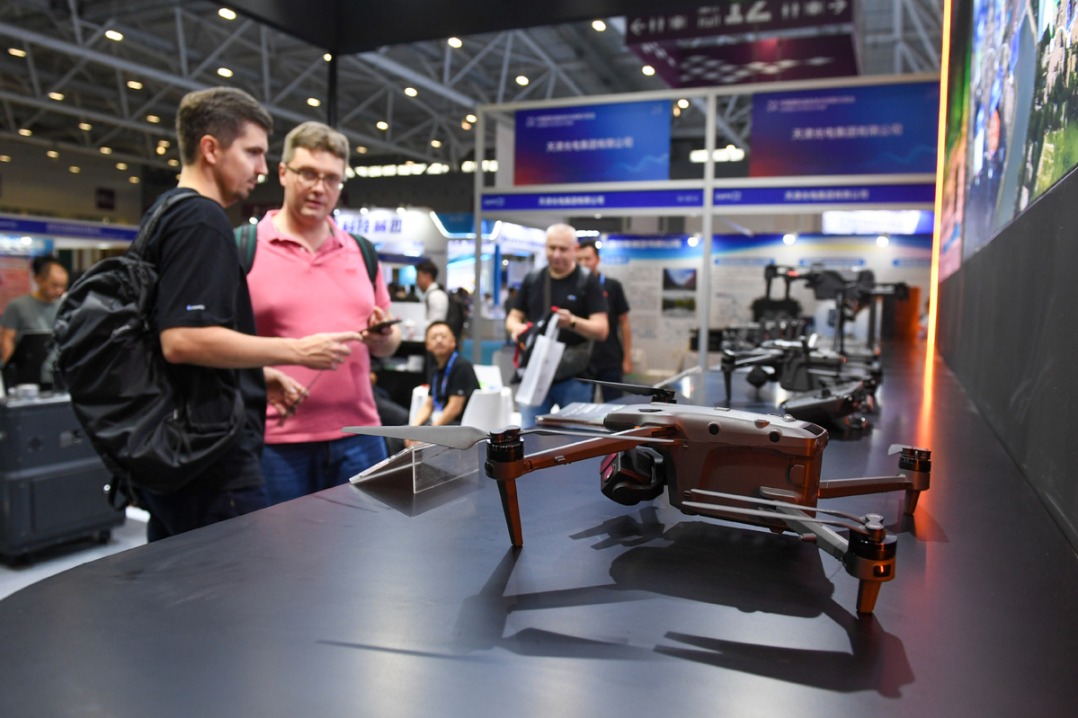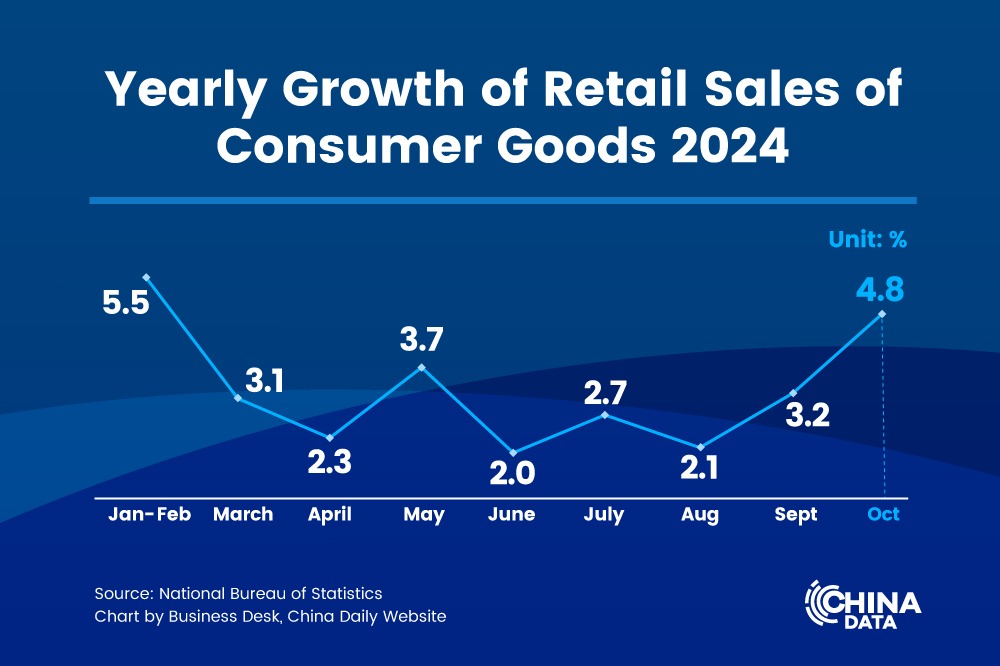Latin America shows rising interest in Chinese NEVs
Automakers, policymakers fostering growth in green mobility


In the bustling streets of Brazil's Sao Paulo, a quiet revolution is unfolding. The rumble of traditional gas-guzzling engines is giving way to the smooth, silent glide of new energy vehicles. At the forefront of this green mobility transformation are Chinese-made NEVs.
The advanced technology and competitive pricing of Chinese NEVs are rapidly translating into rising market share for China's automakers in Brazil and other Latin American countries in recent years.
Data from the China Passenger Car Association shows that Brazil ranked second among the top destination markets for China's NEV exports from January to September this year, with 140,412 units shipped.
According to data from Brazil's National Federation of Motor Vehicle Distribution, also known as Fenabrave, Chinese automaker BYD sold more than 50,000 NEVs in the country in the first nine months of this year.
BYD has established itself as the dominant player in Brazil's electrified vehicle segment, commanding a substantial 73 percent market share.
The technological sophistication and affordability of Chinese NEV brands are proving to be a winning combination that is resonating with consumers in the region, said Zhang Yongwei, vice-president and secretary-general of China EV 100, a major auto industry think tank.
Chinese NEV makers have great agility in responding to the evolving market demands. By constantly expanding and refining their product lineups, they are able to cater to the varied needs of consumers across different use cases and applications, Zhang said.
In addition to Brazil, Mexico has also experienced a surge in the acceptance and demand for Chinese-made NEVs.
Mexico became the sixth largest importer of Chinese NEVs globally during the first three quarters of this year, shipping in 64,746 units, according to data from the China Passenger Car Association.
Bai Ming, a researcher with the Chinese Academy of International Trade and Economic Cooperation, said that interest is growing among governments as well as consumers.
"Across Latin America, we're seeing a concerted effort by policymakers to support the growth of the NEV market through various incentives and infrastructure investments," he said. "This has created a favorable environment for NEV adoption in the region."




































